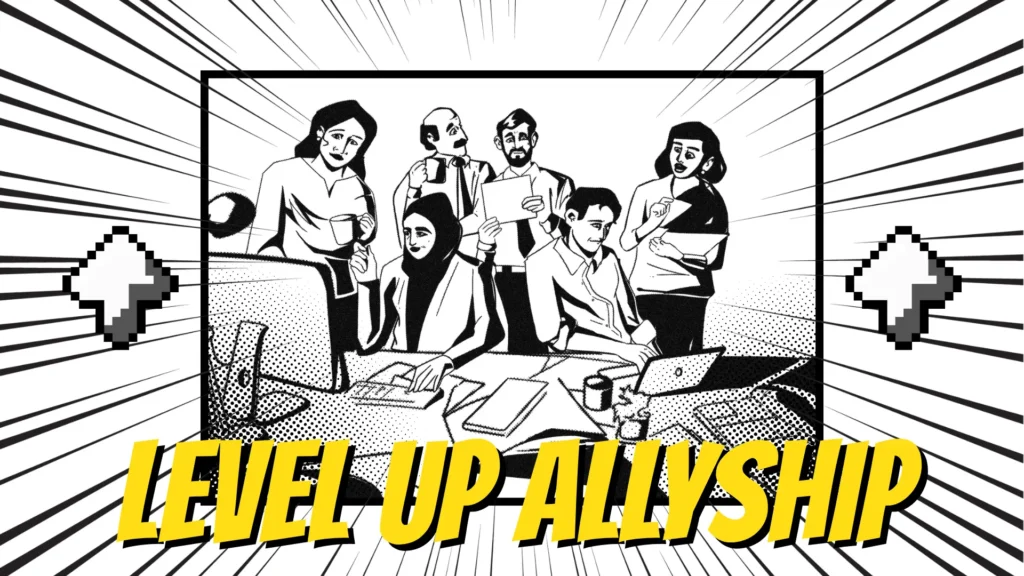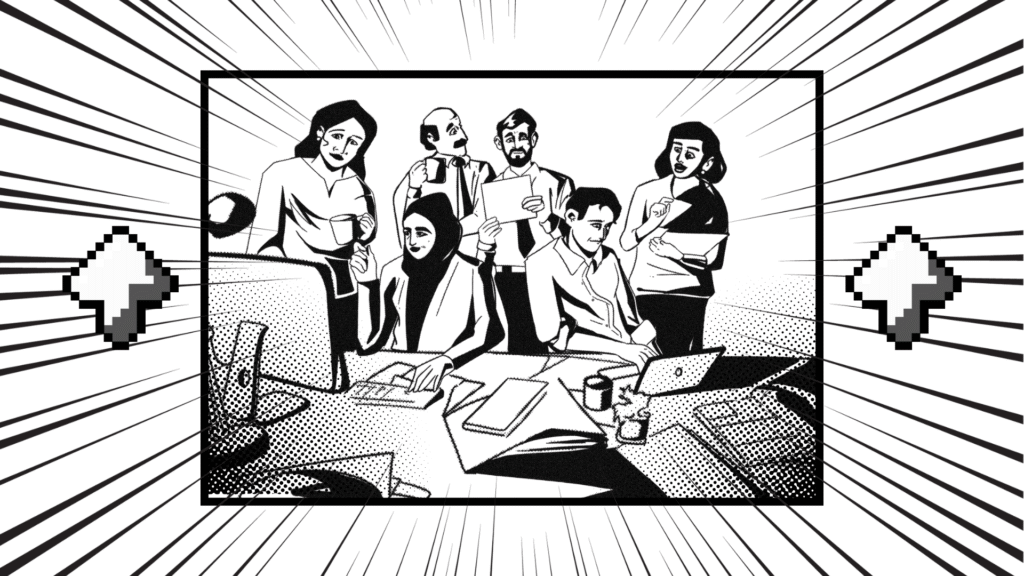When news broke that Edgar Carballo González, a Spanish BMX rider, was banned for life following allegations of sexual harassment, it sent a strong message across the sporting world. The International Cycling Union’s (UCI) decision reflects a growing recognition: harassment has no place in professional spaces, whether in an office or on the race track.
This case examines the power and responsibility held by athletes and sports leaders. Their influence shapes culture and behaviour. Harassment by such figures impacts victims, erodes trust, morale, and the safety of the entire sports ecosystem.
A pattern we cannot ignore
What makes the Carballo ruling significant is not only the severity of the sanction but also the transparency with which it was communicated. For too long, harassment in sports has been handled quietly, with minimal consequences for perpetrators and little support for survivors. By making this decision public, the UCI is reinforcing that accountability is non-negotiable.
Sport has a history of confronting abuse, with the Larry Nassar case in USA Gymnastics being a prime example where leadership prioritised medals over athlete safety. This pattern, seen across various disciplines, reveals that harassment flourishes where power is concentrated and accountability is lacking.
This turning point prompts deeper questions: How do sports organisations, like workplaces, create genuinely safe environments? While global compliance frameworks for anti-harassment at the workplace or global safeguarding policies are crucial, policies alone won’t change culture. We need a conscious effort to foster empathy, psychological safety, and allyship.
Beyond punishment: building safer cultures
For survivors, coming forward in any professional setting, be it a corporate boardroom or a sports federation, remains a daunting task. The fear of not being believed, retaliation, or losing one’s career can silence many. When institutions show that they are willing to act decisively, it helps to rebuild trust and encourages others to speak up.
It is also important to acknowledge that harassment does not exist in isolation. It is often accompanied by subtle behaviours – microaggressions, inappropriate jokes, or dismissive comments – that, if ignored, can escalate. Cultures that laugh off such conduct are the ones where serious violations take root.
Sports, at their best, are about fairness, respect, and collective achievement. To truly uphold these values, organisations must ensure that every participant feels safe and valued. This is not just a matter of protecting reputation; it is about protecting people.
What workplaces can learn from this case:
Zero tolerance must be backed by action – Policies are important, but consequences must be visible and consistent.
Survivor-centred support matters – Beyond investigations, survivors need empathy, confidentiality, and assurance of safety.
Culture is shaped daily – Leaders and peers must challenge behaviours that normalise disrespect, no matter how small they seem.
The Carballo ban reminds us that accountability is possible. Whether in sports or in the workplace, creating safe and respectful environments is not an option.
Reach out to us at hello@serein.in to learn more about drafting anti-harassment policies at your workplace.




